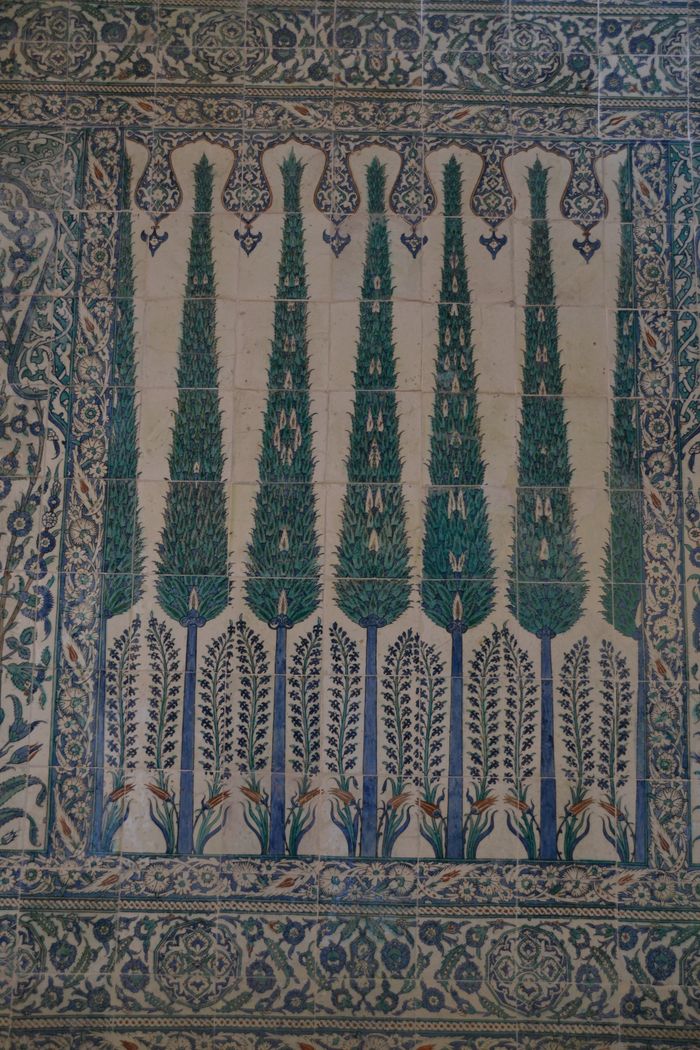26. Such is the method I have adopted in composing eulogies of Constantine, but now that I have undertaken to write a history, this plan becomes impossible, for I cannot bring myself to distort the facts of history, where truth is of more importance than anything else, in order to escape the reproaches of my contemporaries. They may accuse me of blaming, where in their opinion I should praise, but I prefer to ignore such criticisms. What I am writing now is not an indictment, not a speeds for the prosecution, but a true history.
Then again, had I seen other emperors pursuing an uninterrupted, invariable course of noble action, on all occasions displaying an admirable character, whereas the reign of Constantine alone was marked by deeds of the opposite kind, then I would have said nothing about him at all. Yet no one on earth is faultless and we judge a man by the trait which chiefly distinguishes him from everyone else. So why should I feel ashamed to declare openly whatever injustice or indiscretion this emperor, in common with the rest, may have committed?
27. Most men who have set themselves to record the history of the emperors have found it surprising that none of them kept his reputation untarnished in every particular. Some won greater praise for their conduct in early life, others impressed more in their latter years, and while some preferred a life of pleasure, others dabbled in philosophy, only to confound the principles they had elected to follow and end in muddle.
Discover some ordinary citizen
For my own part, I find such inconsistency nothing to marvel at; on the contrary, it would be extraordinary if someone were always unalterable. Of course, it is possible that you may discover some ordinary citizen who pursued the same undeviating path throughout life, from the very beginning to the very end (although there cannot be many examples of such consistency), but an emperor, one who inherited from God supreme power, especially if he lived longer than most, would never be able to maintain the highest standards all through his reign.
In the case of the ordinary man, his own nature, plus a good start in life, may be sufficient to ensure virtuous conduct, for the simple reason that he is not overmuch troubled by outside affairs, nor do external events have any effect on his private disposition. How different it is with an emperor, whose private life is never, even in its most intimate detail, allowed respite from trouble!
Read More about Zoe and Theodora part 21








